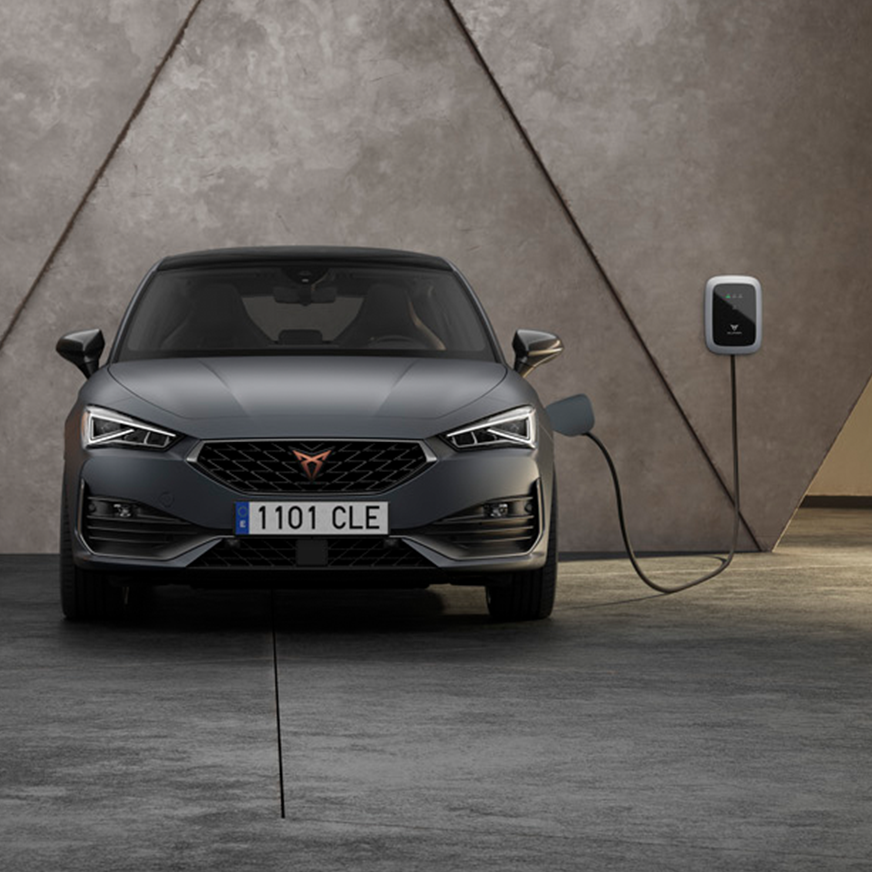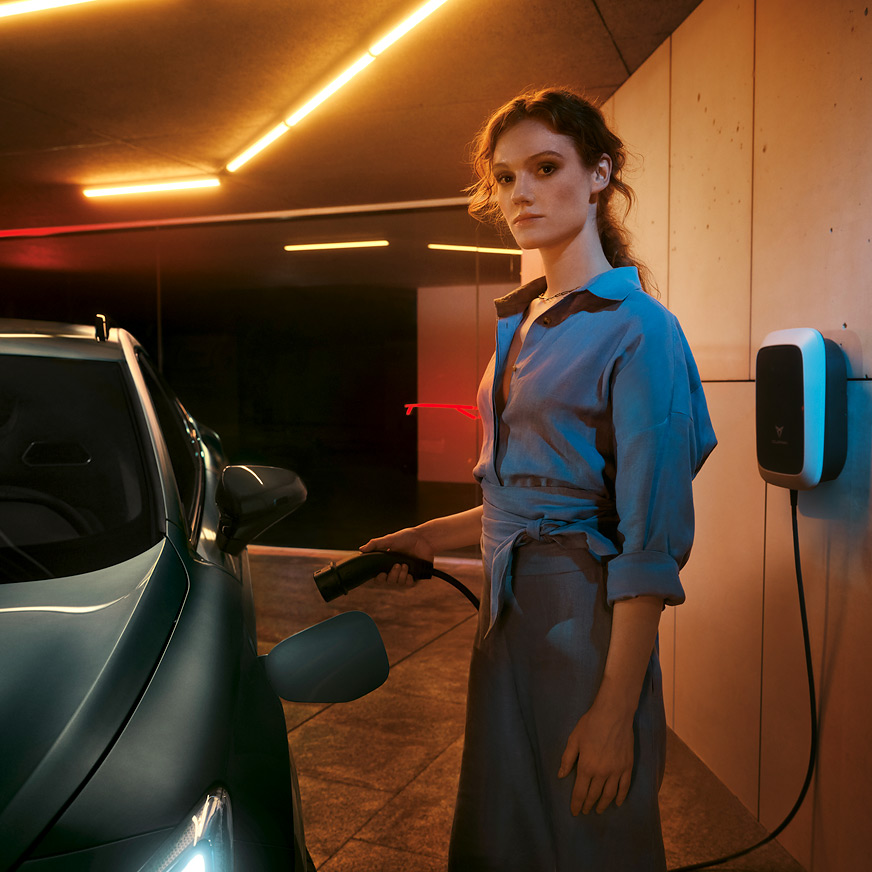A Plug-in Hybrid Electric Vehicle (PHEV) combines the best of both worlds - The ease of use of a traditional internal combustion engine, with the fuel savings of a battery plus electric motor.
Unlike a traditional hybrid which can only be operated on electricity for very short periods, a PHEV has an increased battery size and can be charged to deliver short trips on electricity alone*, similar to a Battery Electric Vehicle (BEV) and perfect for most drivers’ daily commute.
Once the battery is depleted, it can revert to regular hybrid mode running off both electricity (thanks to regenerative braking) and the petrol engine, meaning running out of charge presents no hold-up to your longer trip.
The innovative interplay between both the electric motor and combustion engine allows for fuel-saving and lowers exhaust emissions, while providing the user with exceptional driving feel.











